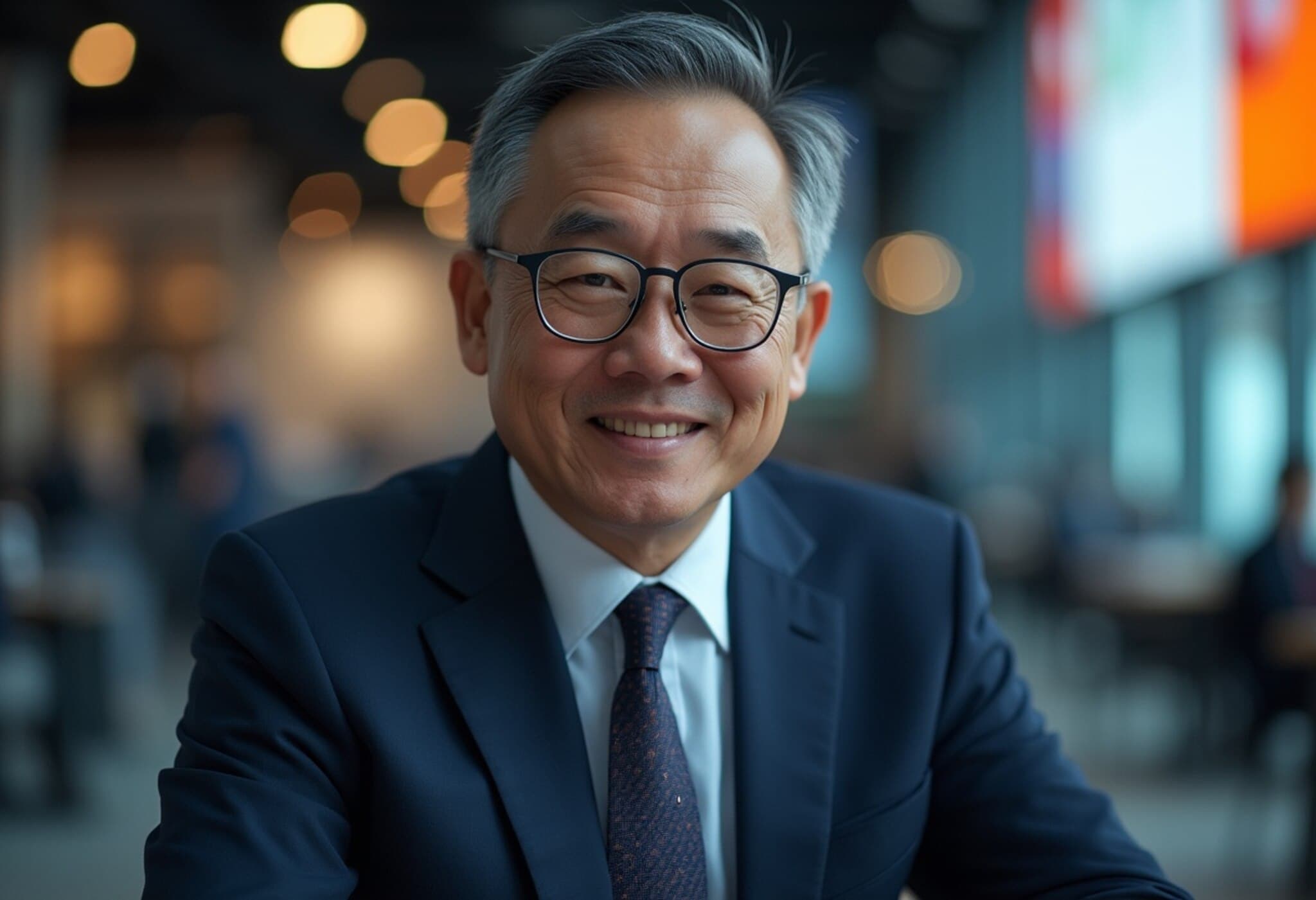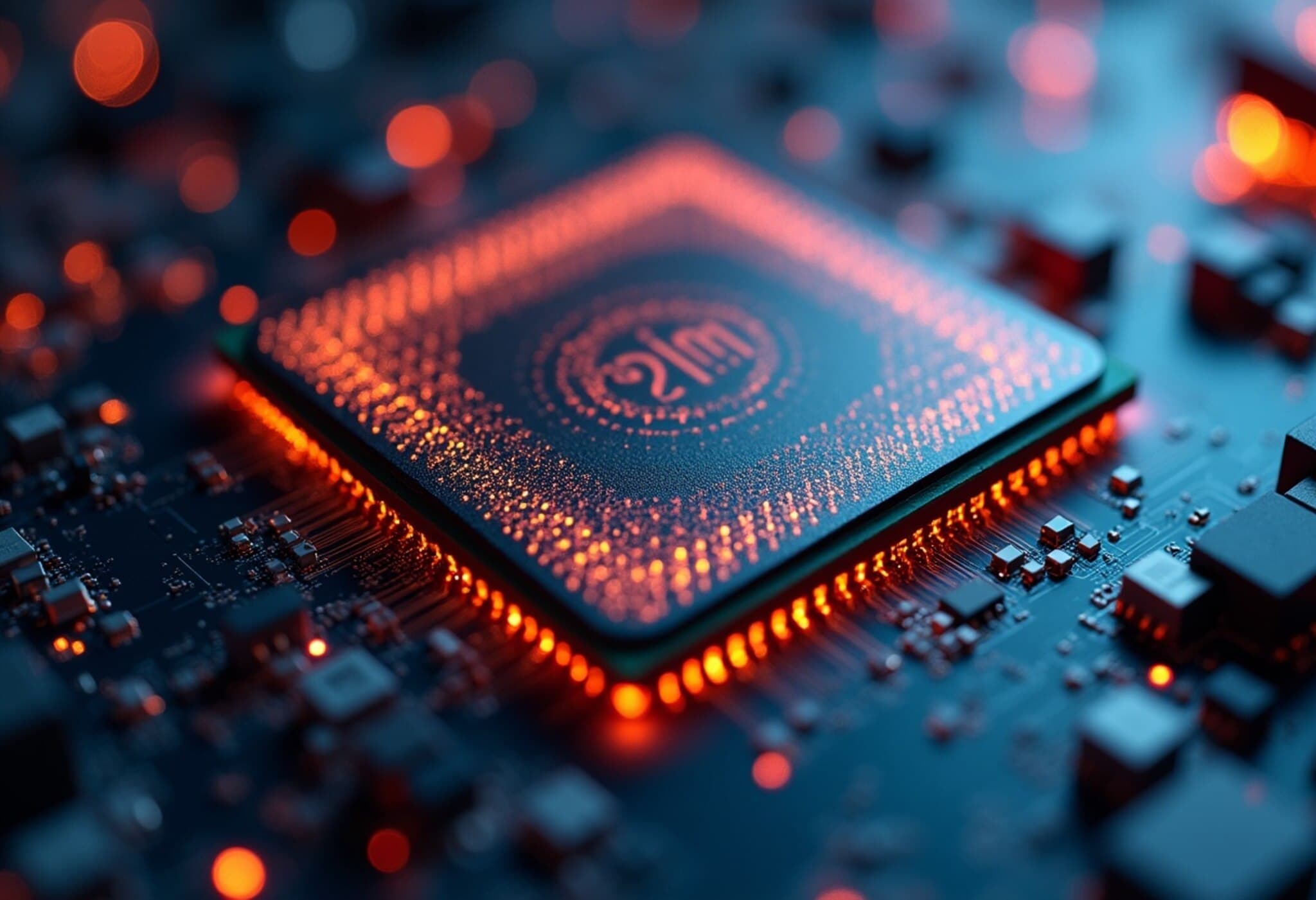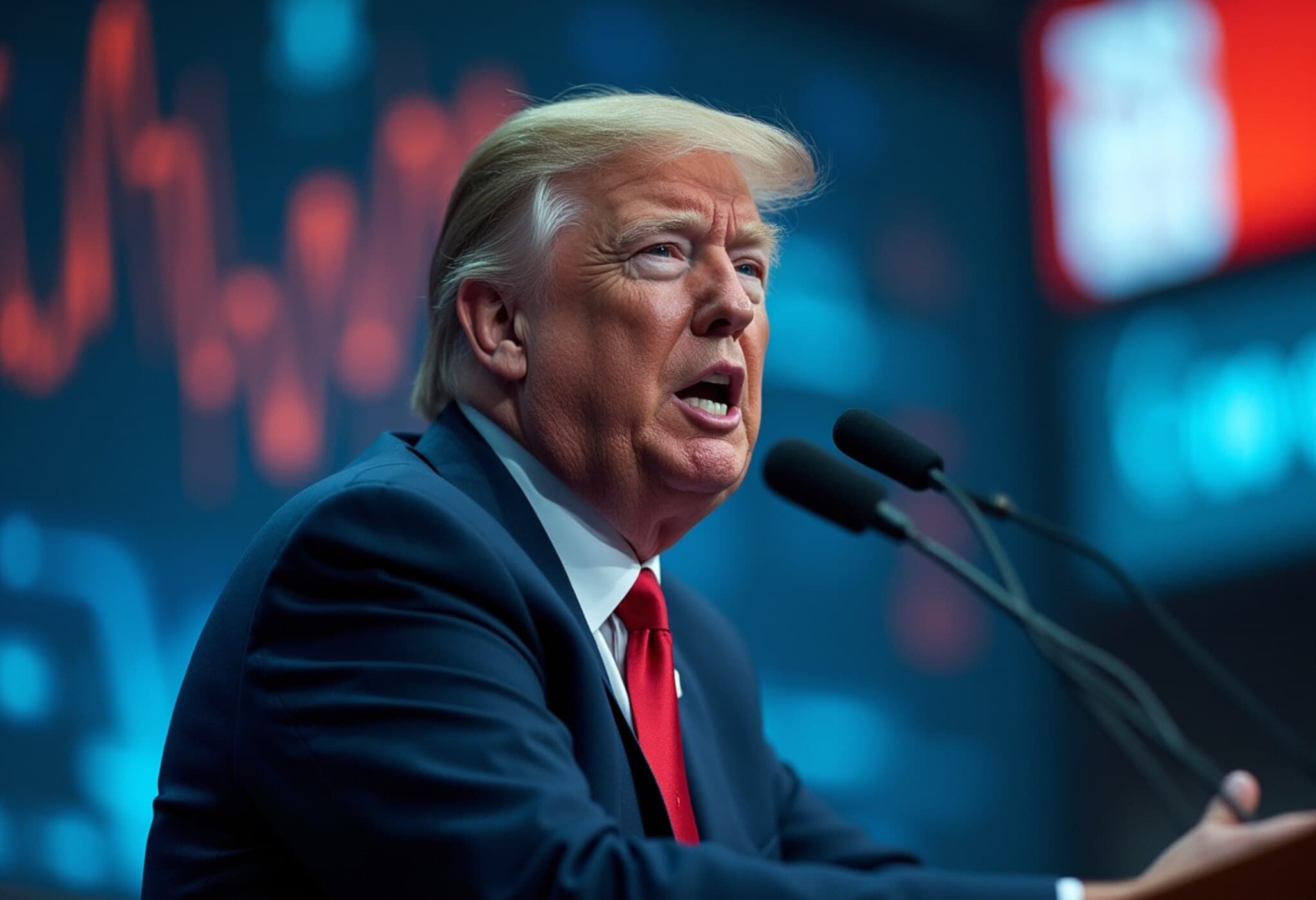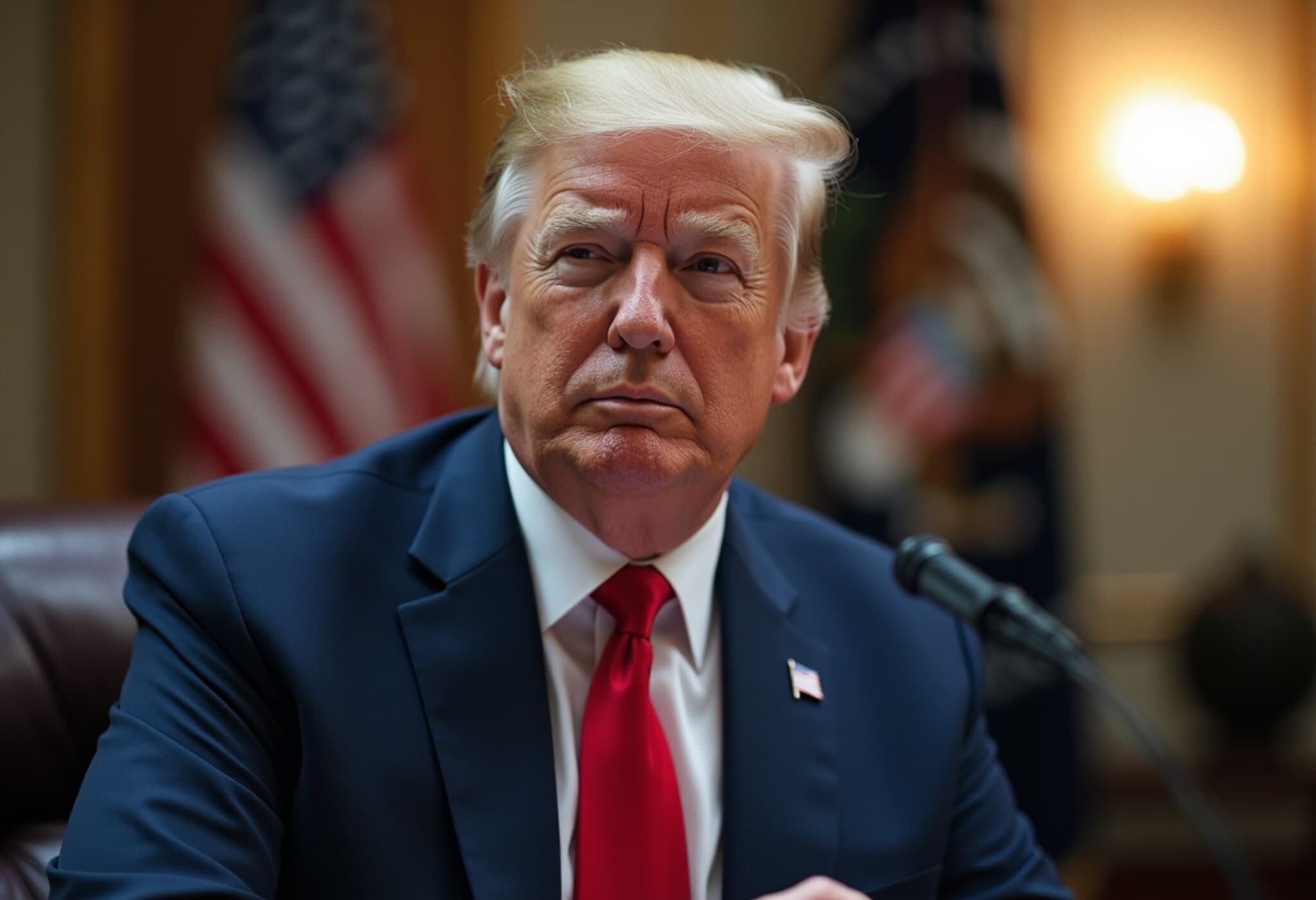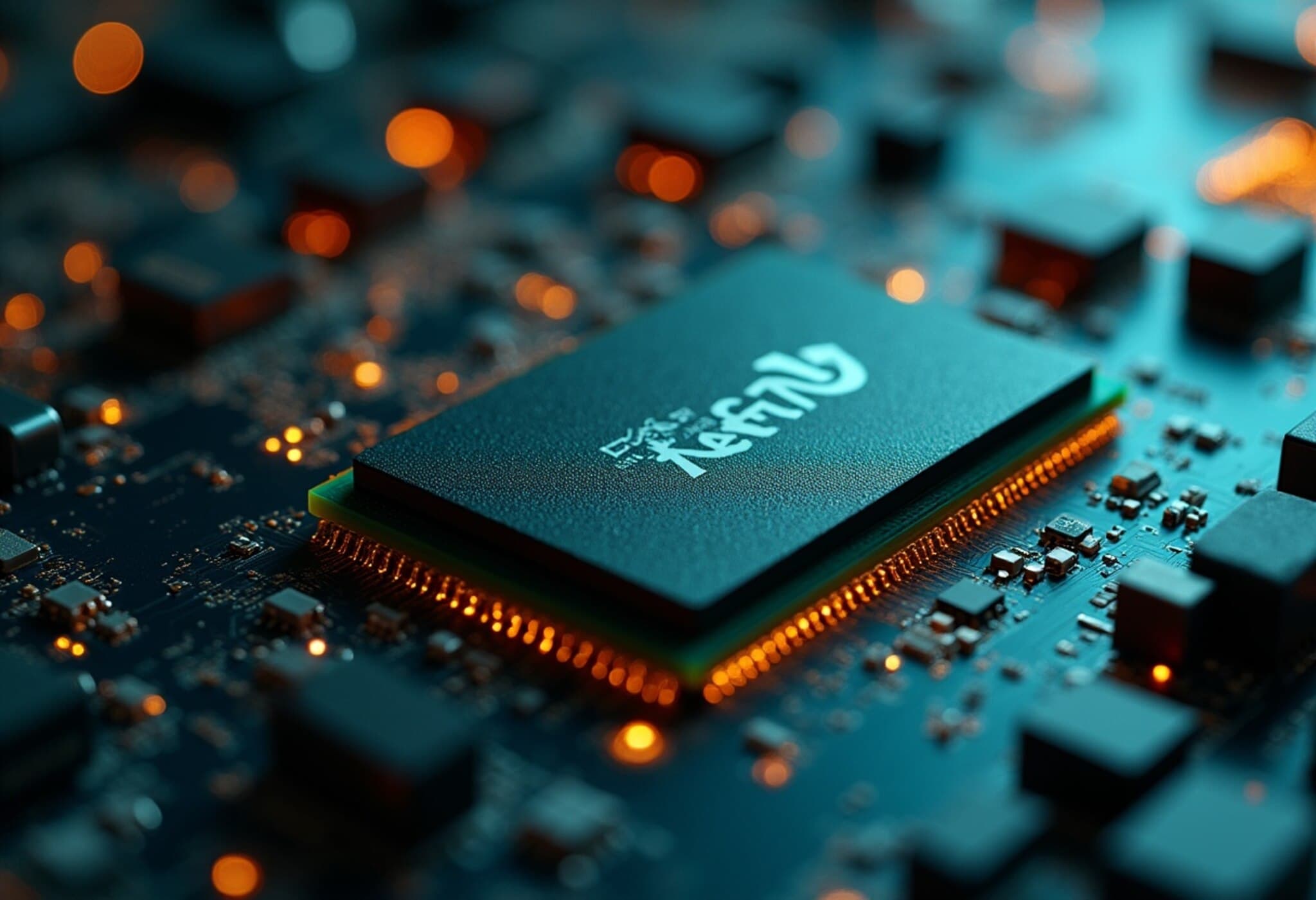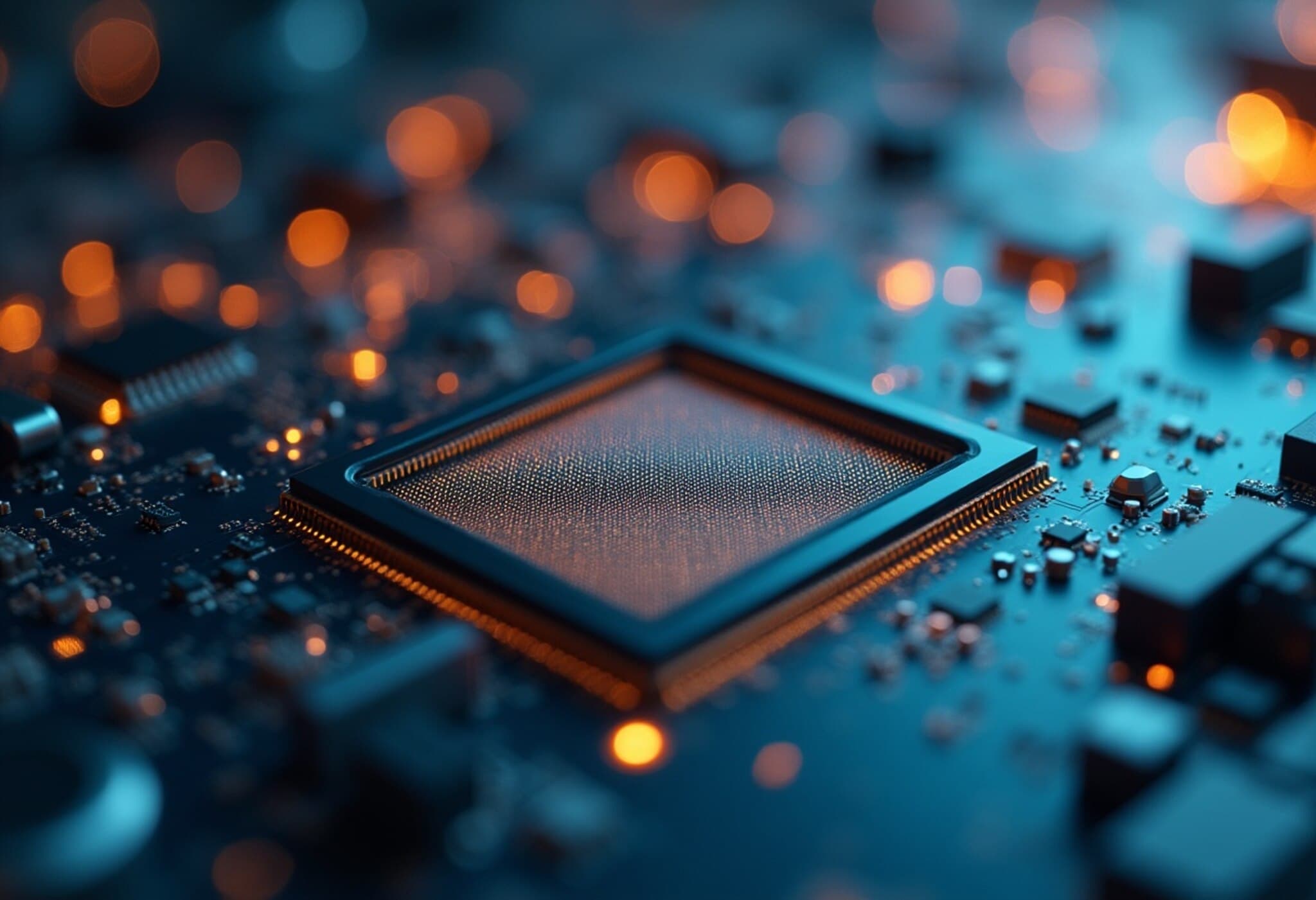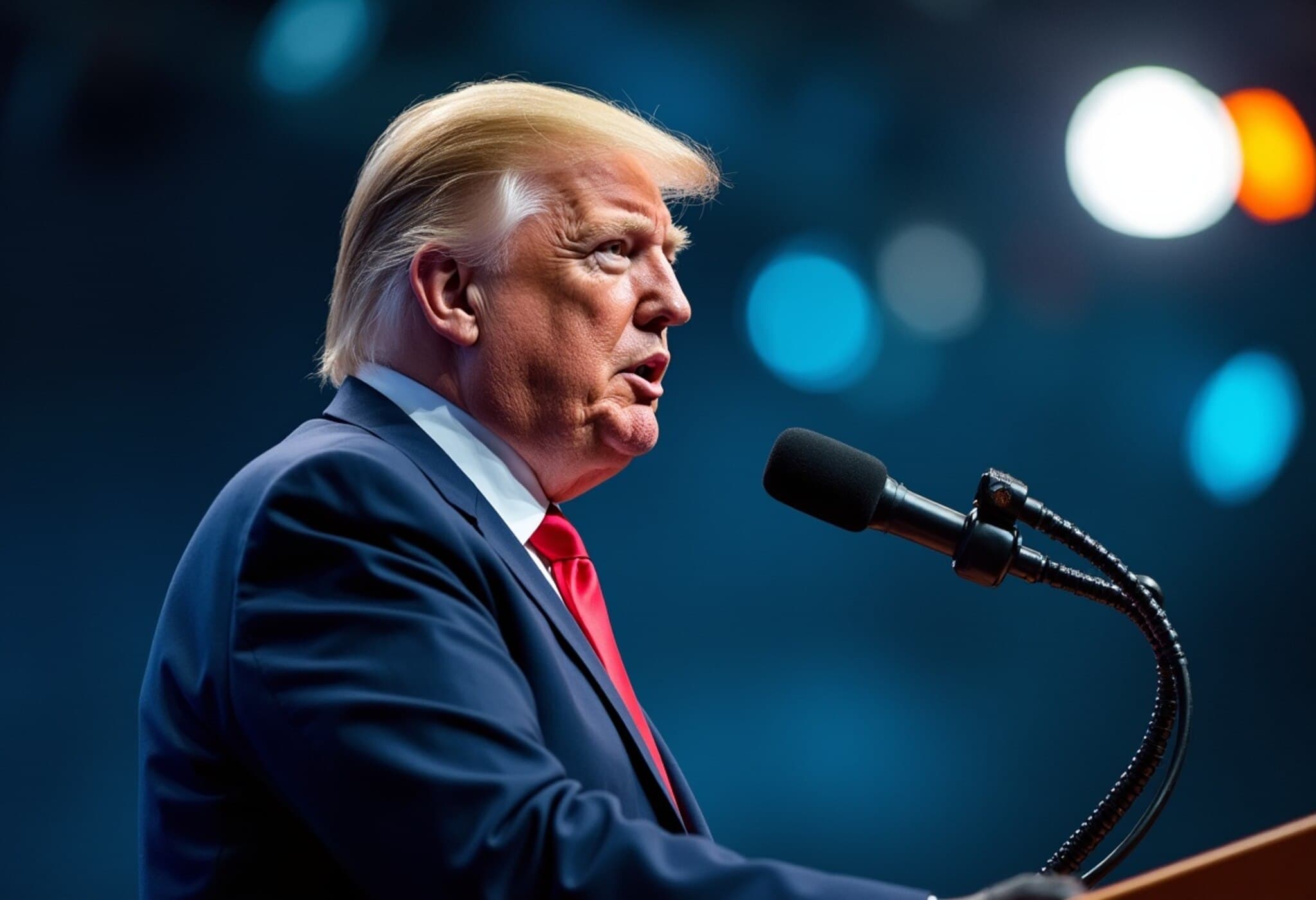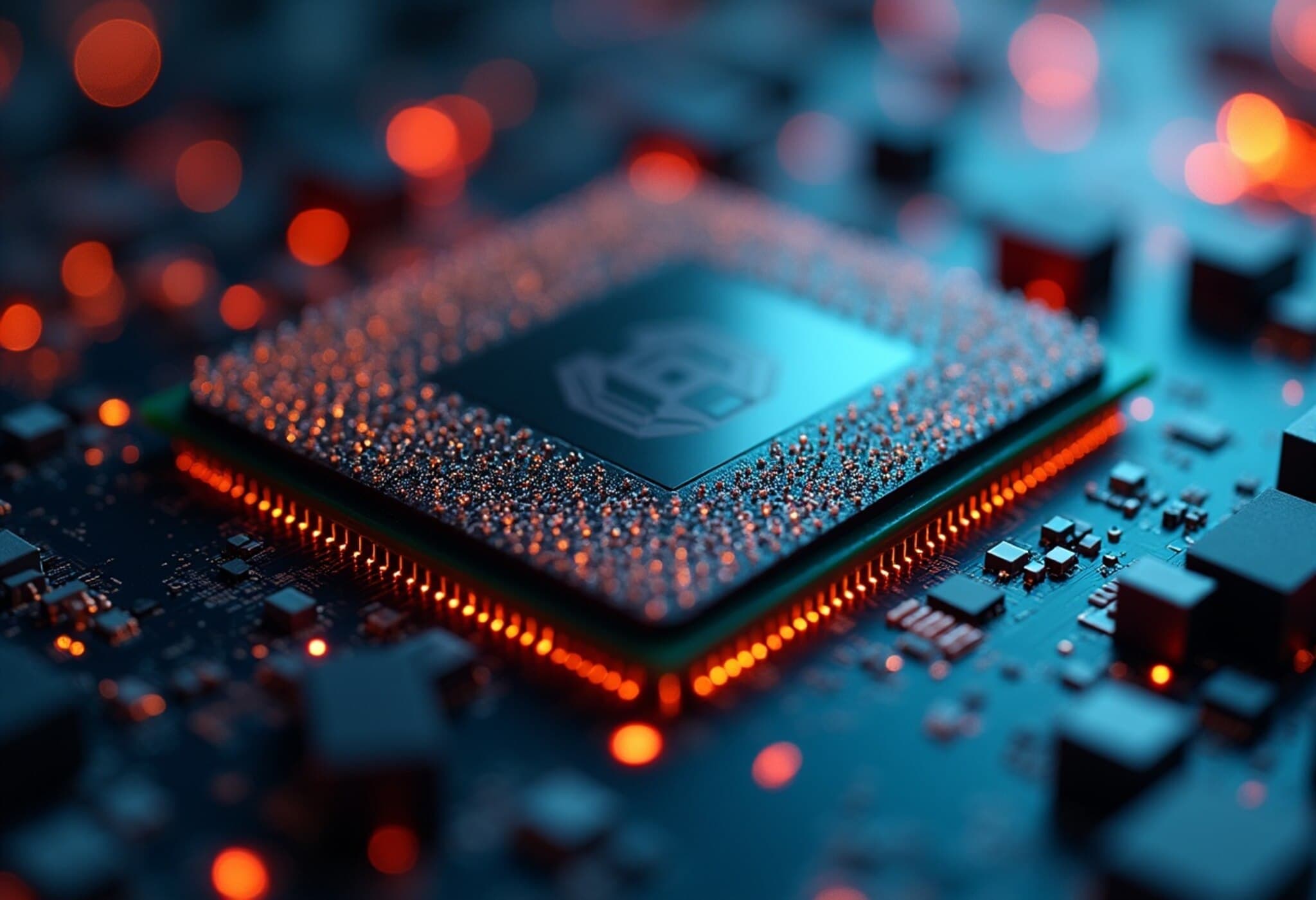Intel CEO Lip-Bu Tan Addresses Controversy over China Ties and Ethics
In the midst of escalating political scrutiny and public calls for his resignation, Intel CEO Lip-Bu Tan has pushed back against allegations questioning his ethical conduct and potential conflicts related to his past business associations. Tan’s detailed memo to Intel employees comes shortly after former President Donald Trump demanded his immediate departure, citing what he called a "highly CONFLICTED" leadership.
The Fallout: Trump’s Public Call and Congressional Questions
The controversy ignited on Trump’s social media platform, Truth Social, where he urged Tan to step down instantly. This demand was echoed by Senator Tom Cotton (R-Arkansas), who publicly raised concerns about Tan’s ties to Chinese companies and the security implications this might pose for a key American semiconductor giant.
Intel’s stock responded negatively, dipping 3% on the day of the announcement, reflecting investor anxiety about governance and geopolitical risks. The stakes are high given Intel’s vital role in U.S. technology infrastructure and national security.
Tan’s Response: Transparency and Commitment to U.S. Security
In his letter to employees, Tan affirmed his long-standing reputation for operating "within the highest legal and ethical standards" across more than four decades in the global technology sphere. He emphasized building cross-border relationships while maintaining compliance and integrity.
He also reassured Intel’s workforce that the company is actively collaborating with the White House to navigate the complex geopolitical landscape. Tan voiced strong support for the administration’s efforts to bolster U.S. national and economic security, underscoring Intel’s aligned commitment.
The board of directors, Tan confirmed, remains fully behind the company’s transformation strategies, signaling strong institutional confidence despite the public pressures.
Contextualizing the Concerns: Security, Ethics, and Industry Trends
Senator Cotton’s inquiry spotlighted past incidents, including a criminal case involving Cadence Design Systems—where Tan once served as CEO—that dealt with unauthorized shipments of technology products to China. The senator pressed Intel on whether Tan had divested from entities potentially linked to the Chinese Communist Party to mitigate security risks.
These questions reflect broader anxieties about the tech industry's vulnerability amidst intensifying U.S.-China rivalry. Semiconductors are at the heart of this strategic competition, making leadership transparency and regulatory compliance paramount.
Industry Analyst Insights: No Clear Evidence of Conflict, Yet Uneasy Optics
Bernstein analyst Stacy Rasgon weighed in, noting that the firm does not see concrete evidence that Tan is compromised. However, the optics around his China ties are increasingly sensitive, especially under the current administration's stringent scrutiny of technology and national security ties.
Rasgon also observed that, unlike some tech executives, Tan has not established personal rapport with Trump that might soften political criticism—a relationship that may have buffered such controversies in the past.
The recent strategic decisions under Tan’s leadership, including Intel’s renewed focus on manufacturing and innovation investments, have not swayed Trump’s opinion, suggesting a clash of visions or political motivations in the background.
The Road Ahead: Navigating a Geo-Economic Minefield
Tan’s experience, both as a global industry veteran and a leader navigating complex international ties, uniquely positions him amidst these challenges. His ability to maintain trust internally and externally will be critical going forward.
- Key challenges: Balancing global partnerships with rigorous security standards.
- Regulatory risks: Meeting Congressional expectations on transparency and compliance.
- Market perception: Restoring investor confidence in a turbulent political climate.
In Washington and Silicon Valley alike, Intel’s leadership saga underlines the increasing conflation of technology, geopolitics, and personal reputations.
Editor’s Note: Beyond the Headlines
While Tan’s letter aims to quell rumors and assert ethical clarity, this episode raises larger questions about the modern tech executive’s role in national security — particularly those with extensive global ties. How should companies transparently navigate conflicts of interest while fostering innovation in a hyper-competitive, geopolitically charged environment? And how might public political pressure shape corporate governance in strategic sectors like semiconductors?
As the semiconductor landscape becomes a battleground of technological supremacy and national security, Intel’s story offers a microcosm of these complex dynamics that will shape the future of American innovation and security policy.

